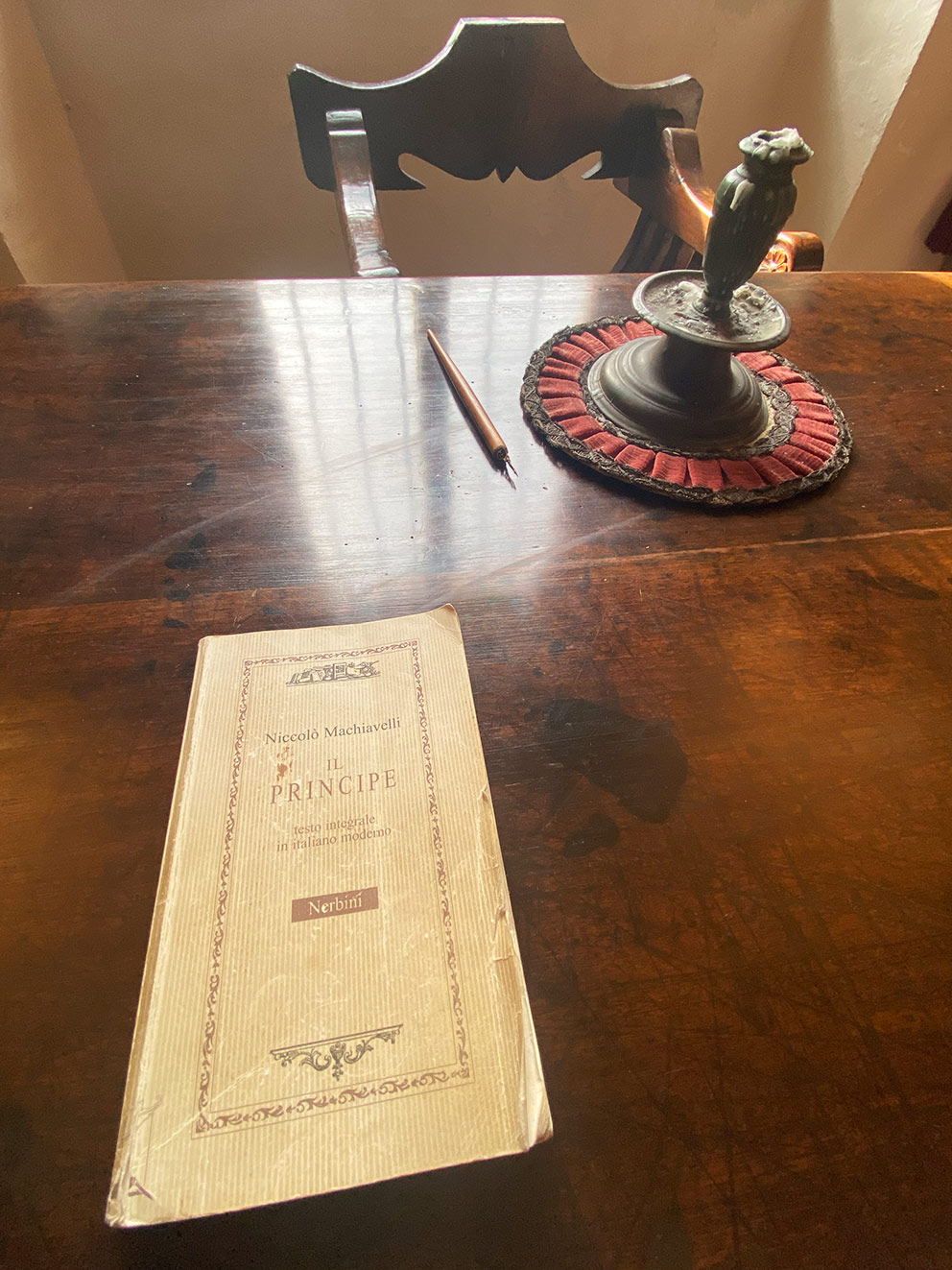In the heart of Tuscany, nestled among the rolling hills and picturesque landscapes, lies a residence that bears witness to the life and legacy of one of history's most controversial figures - Niccoló Machiavelli. Known for his political treatise, "The Prince," Machiavelli's ideas on power, politics, and leadership have left an indelible mark on the world. Today, we explore Machiavelli's house in Tuscany, a place where the political mastermind once dwelled and where echoes of his cunning philosophies linger in the air.
The Historical Context
Niccolò Machiavelli, born in 1469 in Florence, Italy, served as a diplomat, historian, and political theorist during the Renaissance. His magnum opus, "The Prince," is a pragmatic guide to political power that explores the ruthless nature of leadership and the strategies required to maintain it. Machiavelli's theories, often associated with cunning and unscrupulous tactics, have sparked debates and discussions for centuries.
Machiavelli's House
Machiavelli's house, located in the small village of Sant'Andrea in Percussina, near Florence, provides a tangible connection to the man behind the controversial ideas. The house, a modest yet charming structure, offers visitors a glimpse into the daily life of Machiavelli during the early 16th century. The rooms are furnished with period-appropriate pieces, creating an immersive experience that transports visitors back in time.
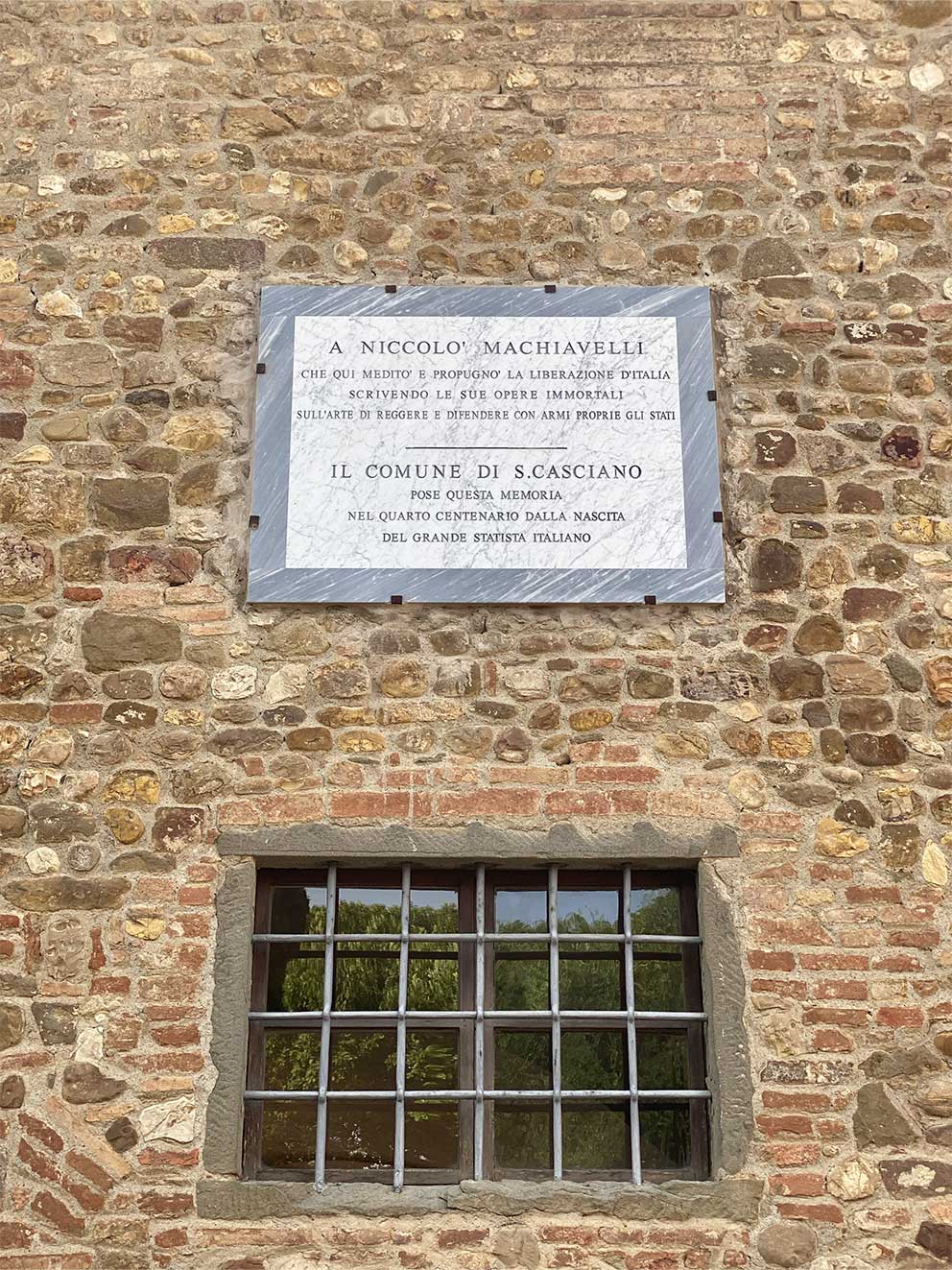
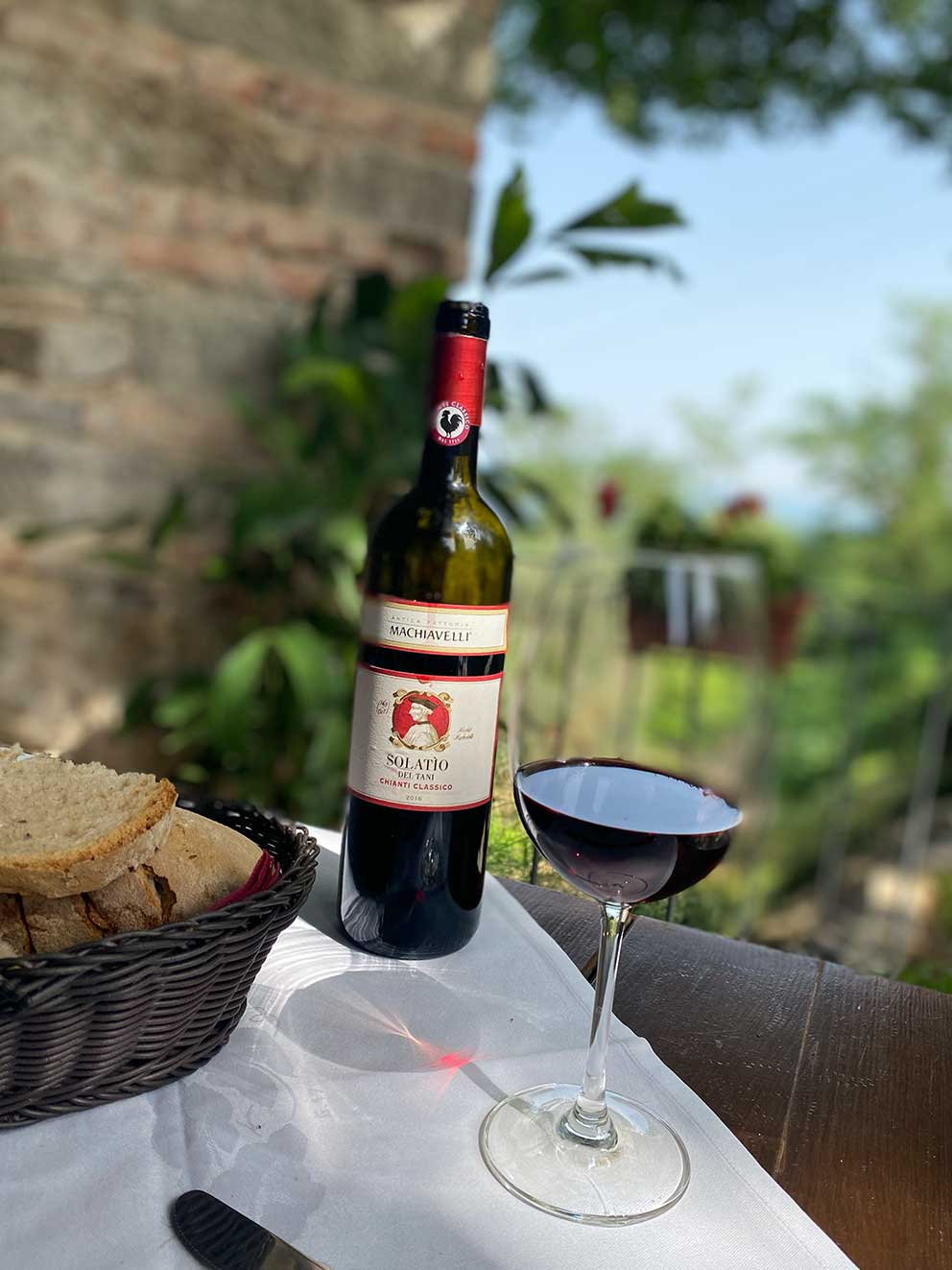
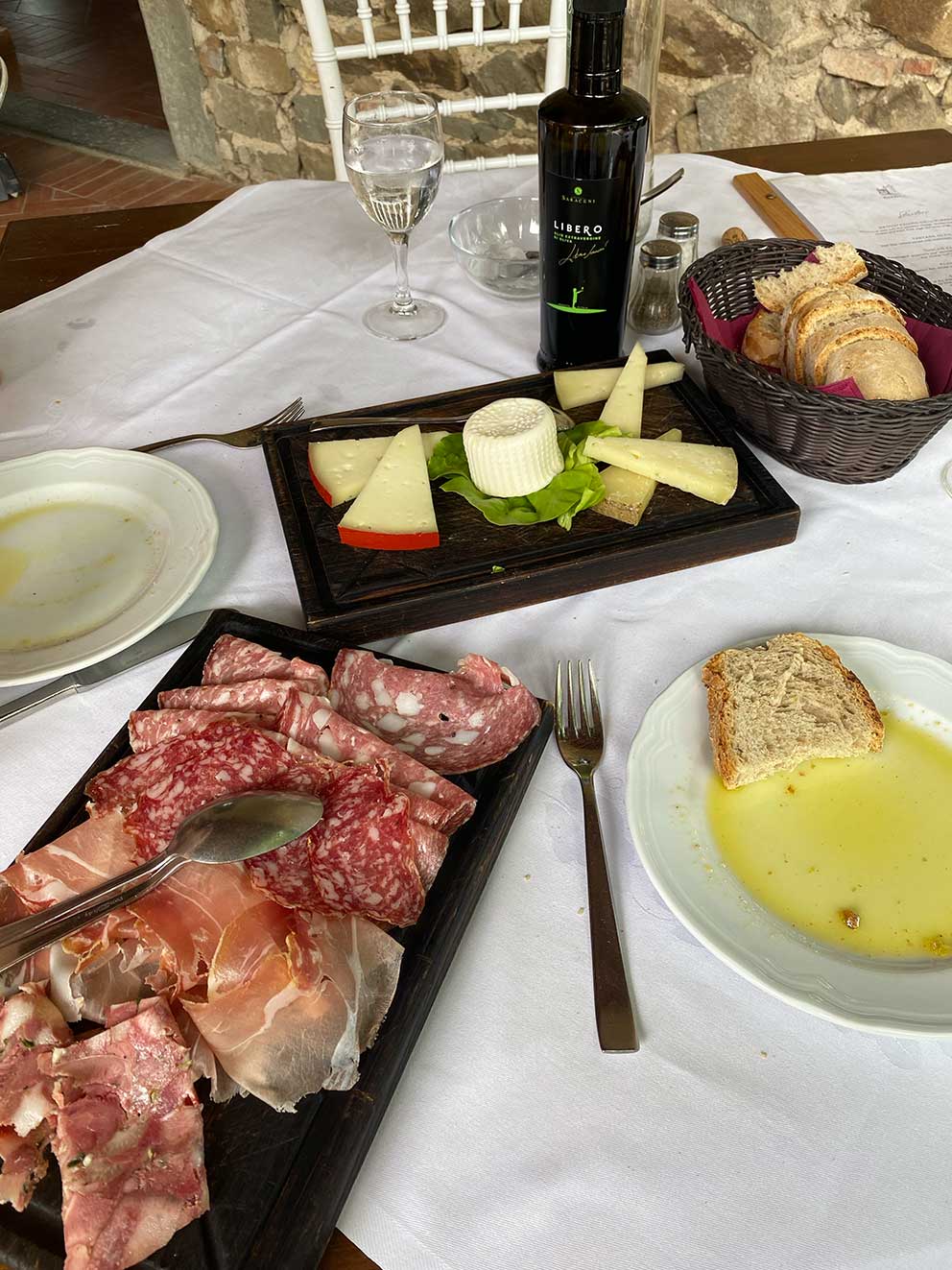

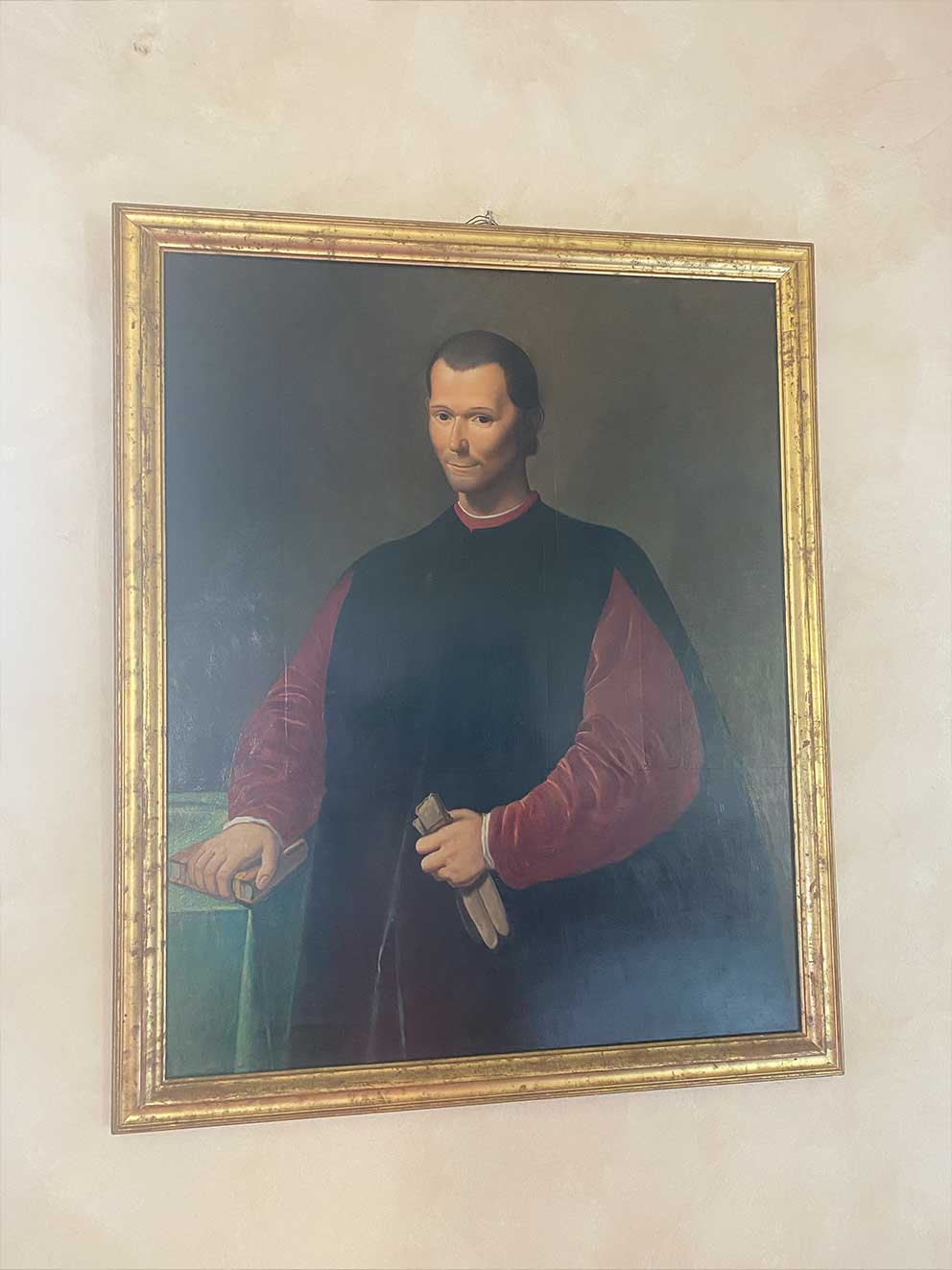
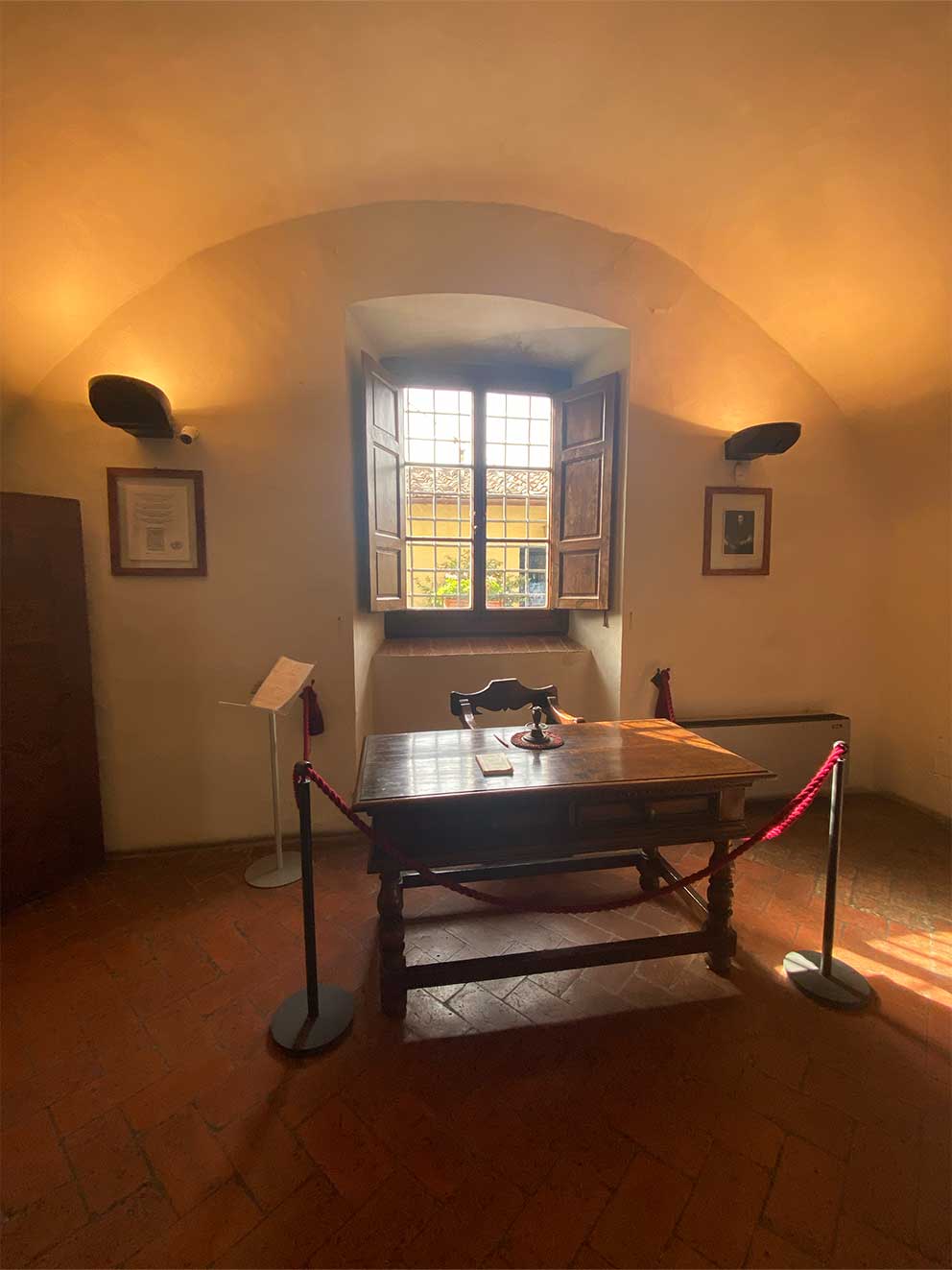
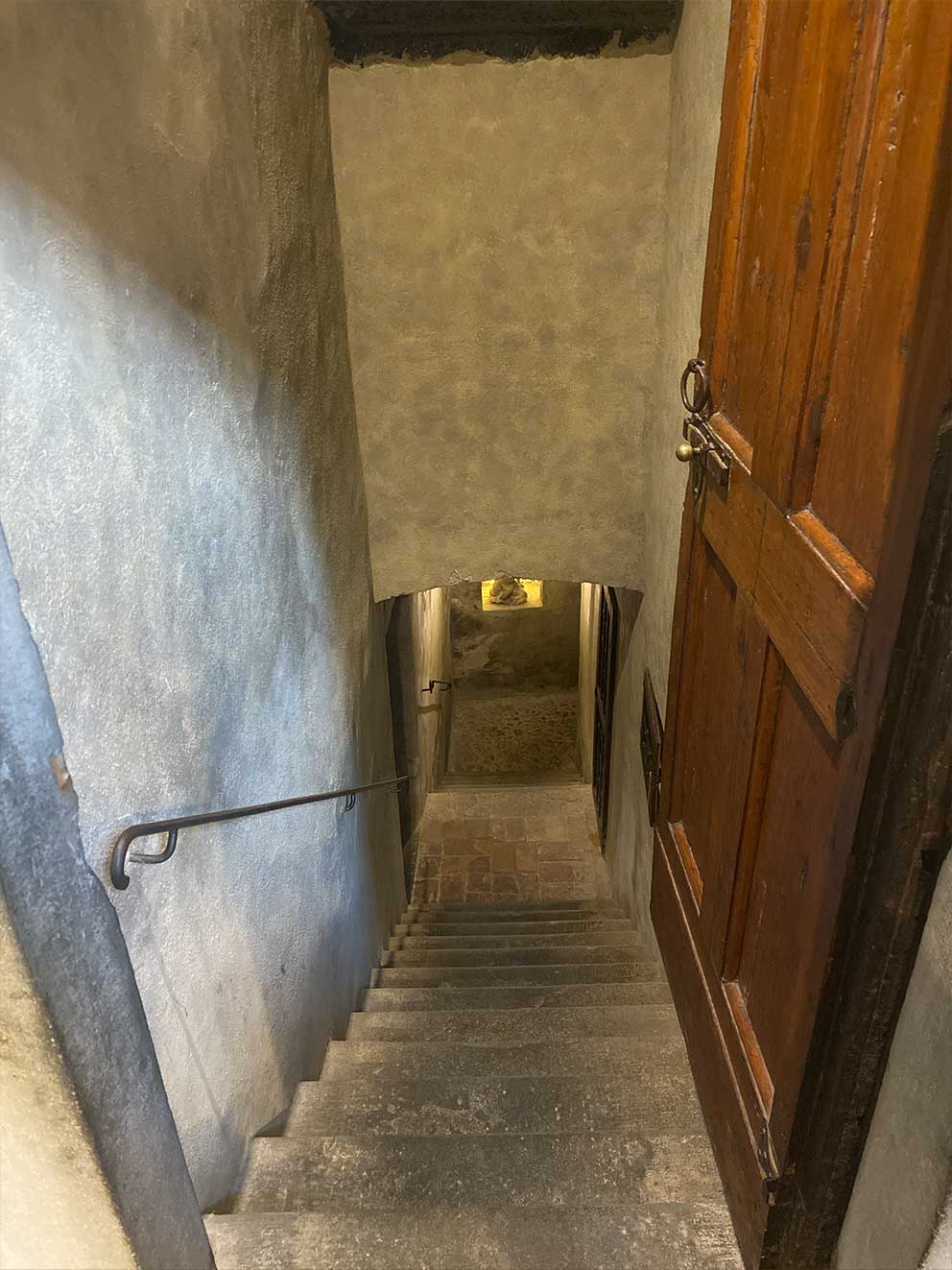
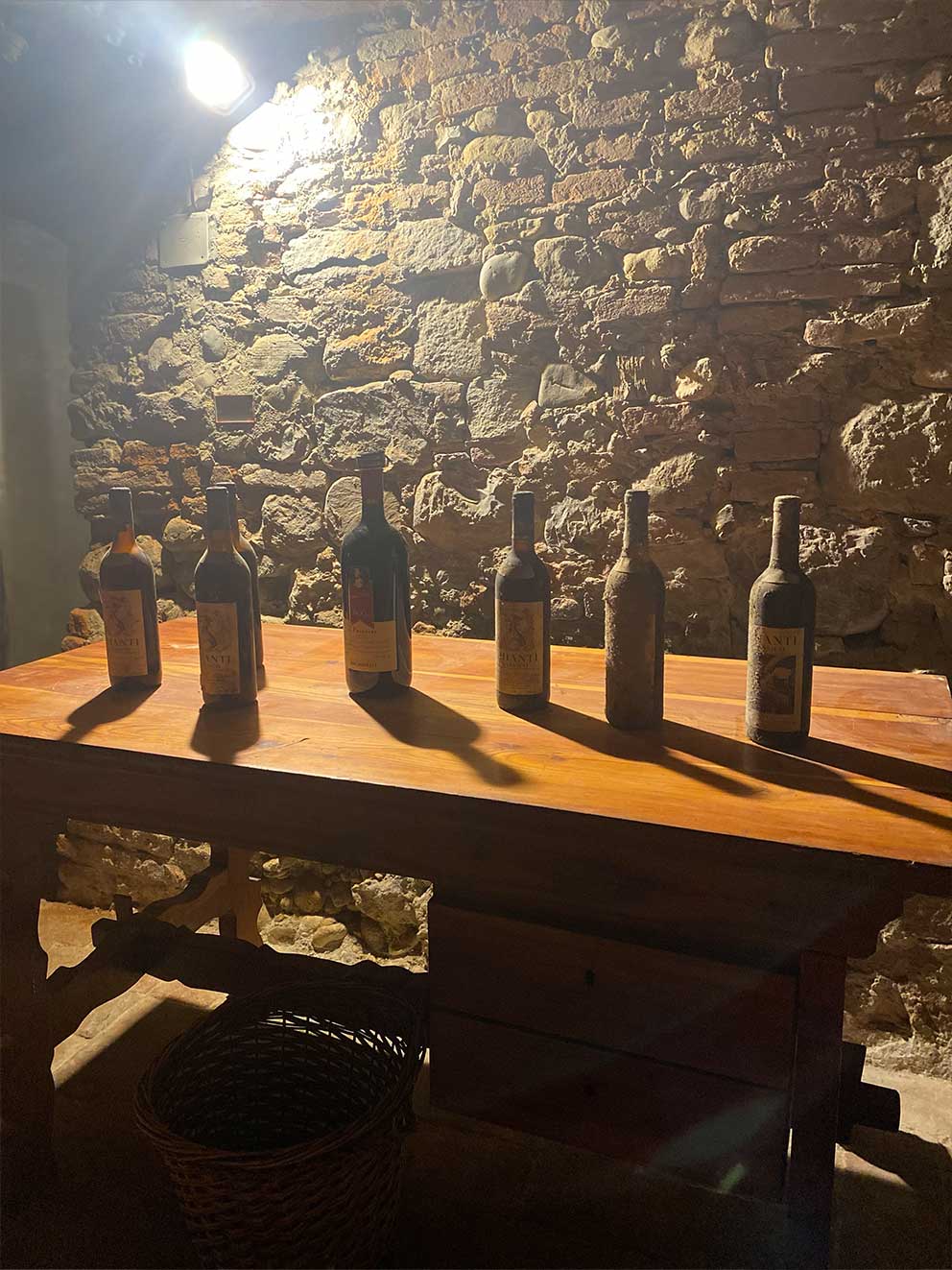
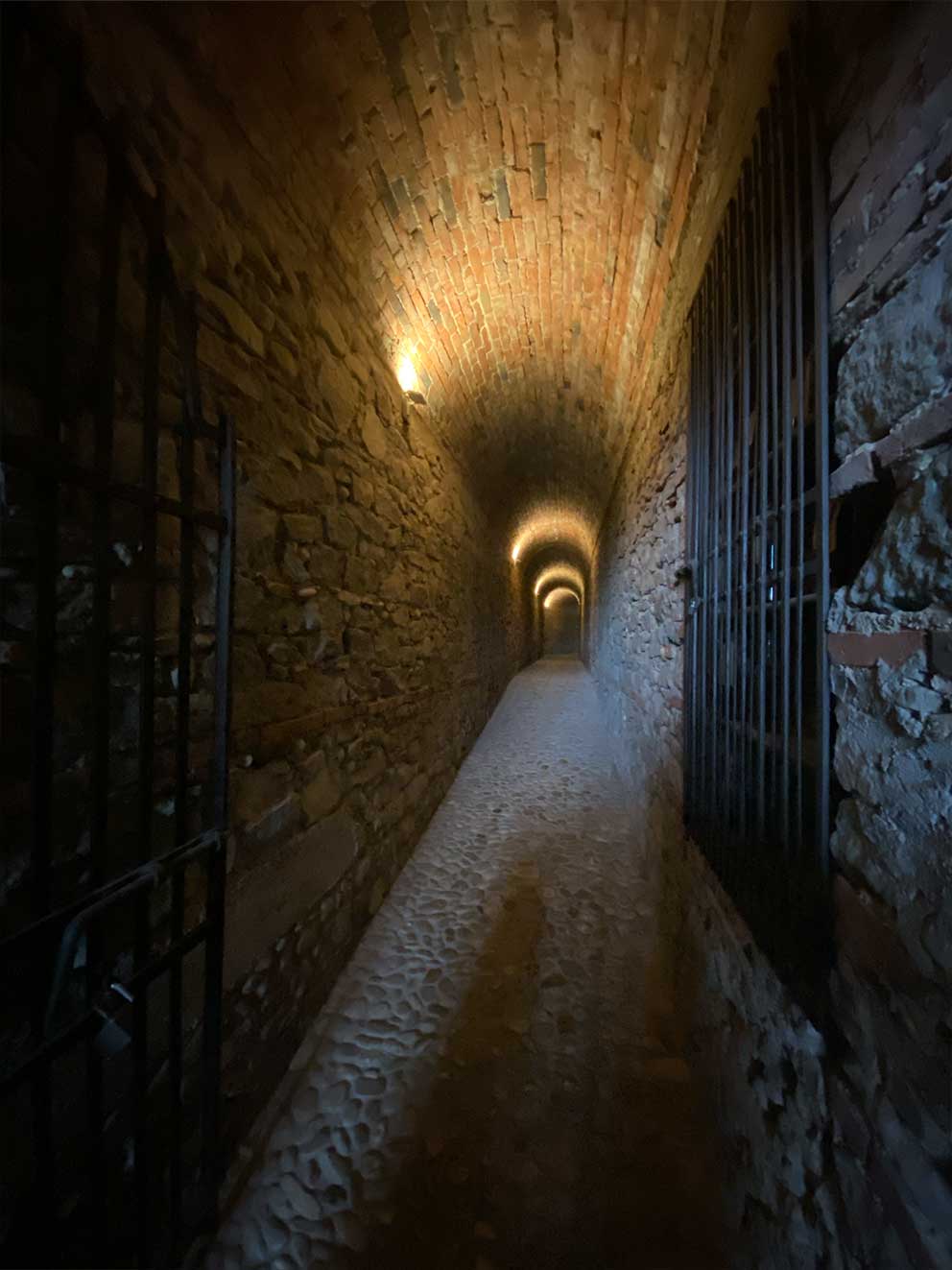
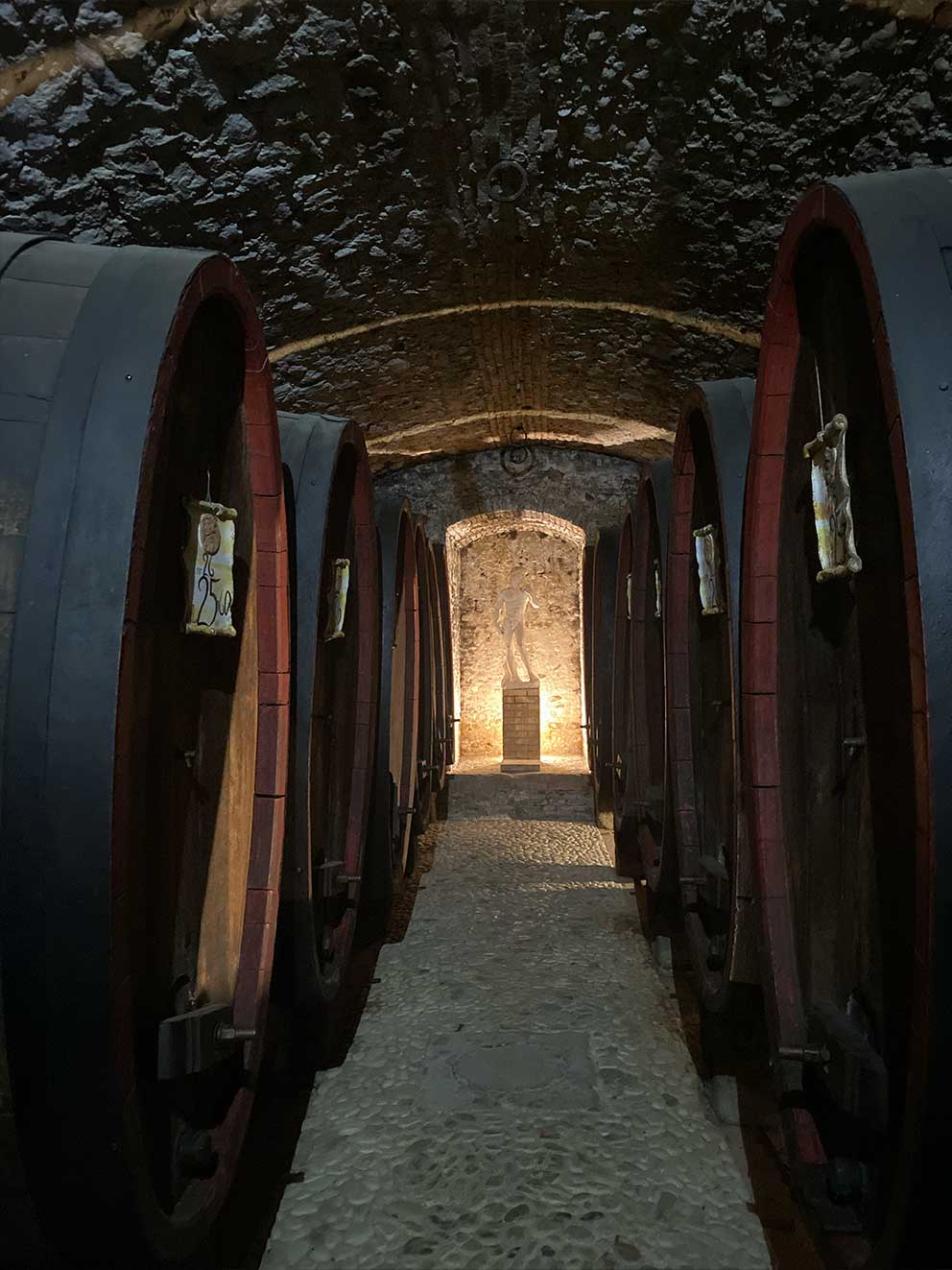
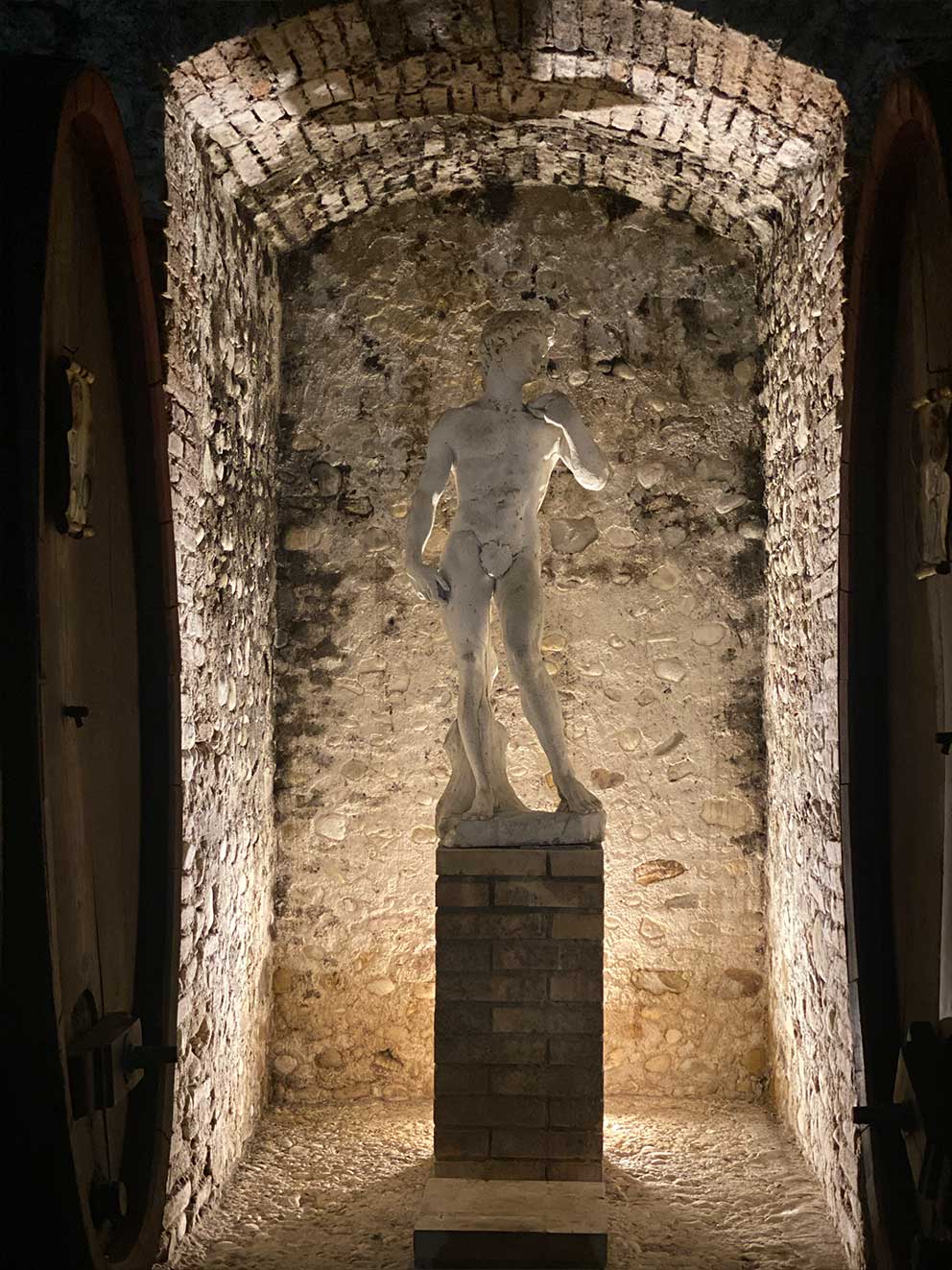
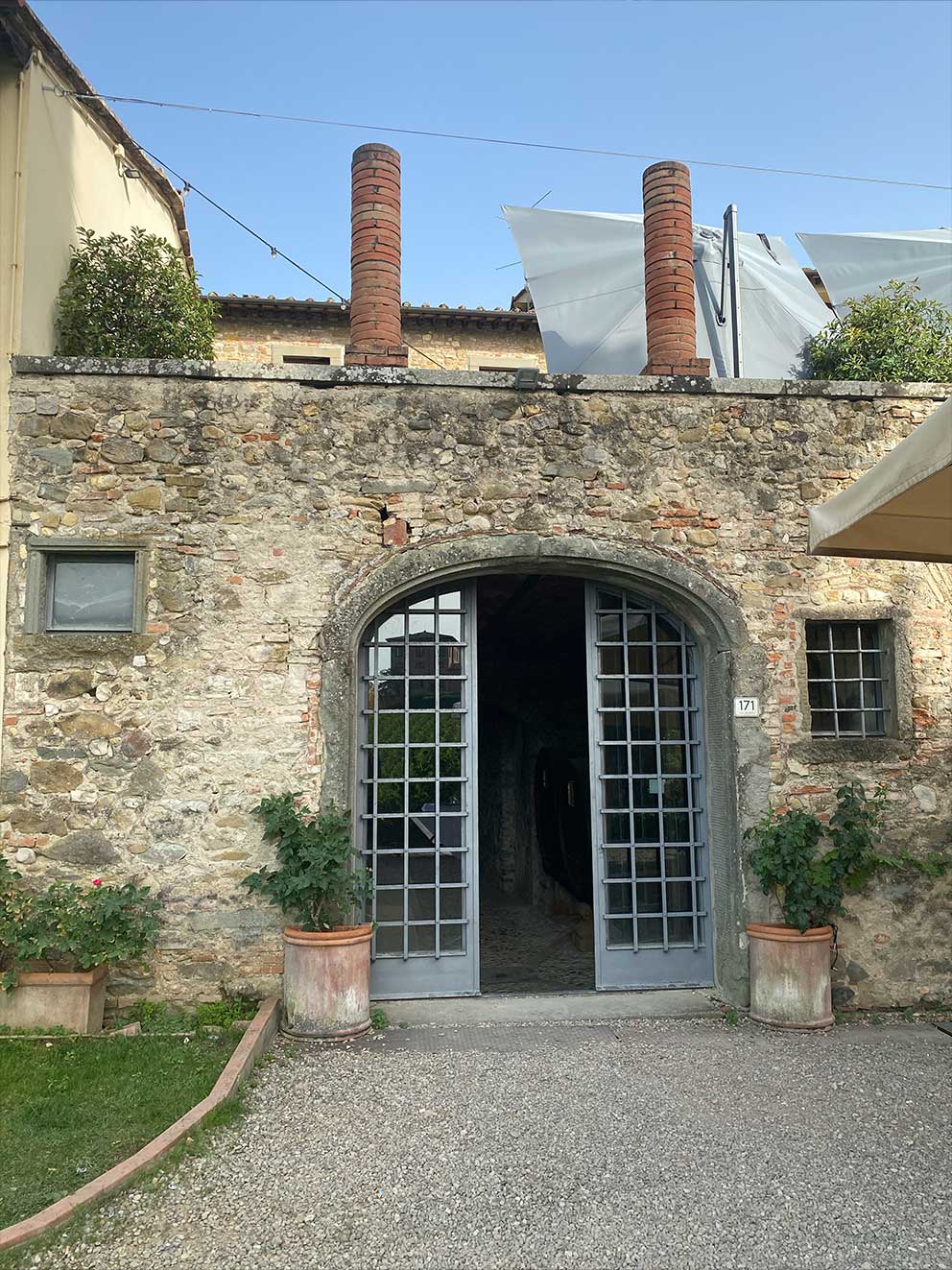
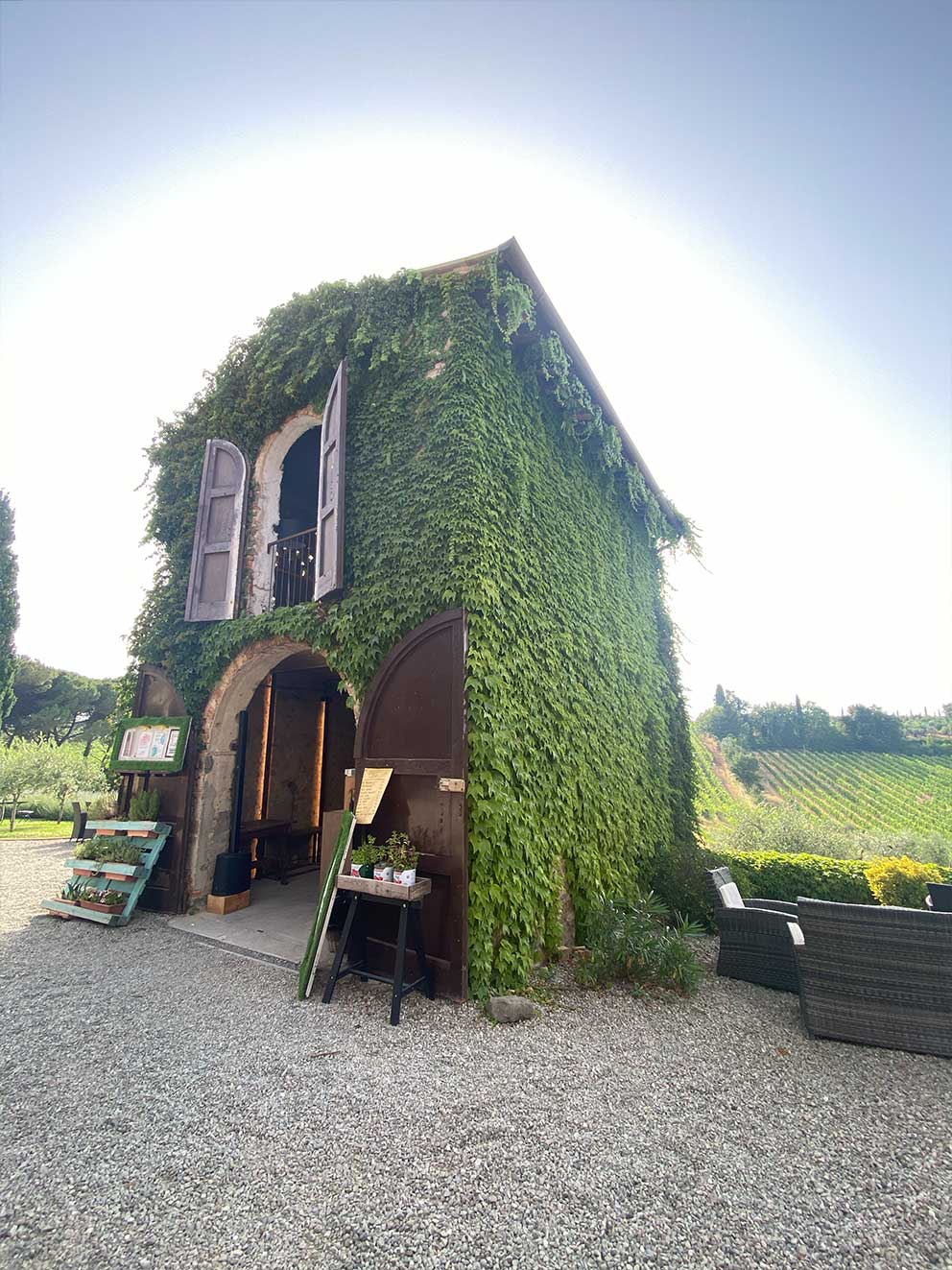
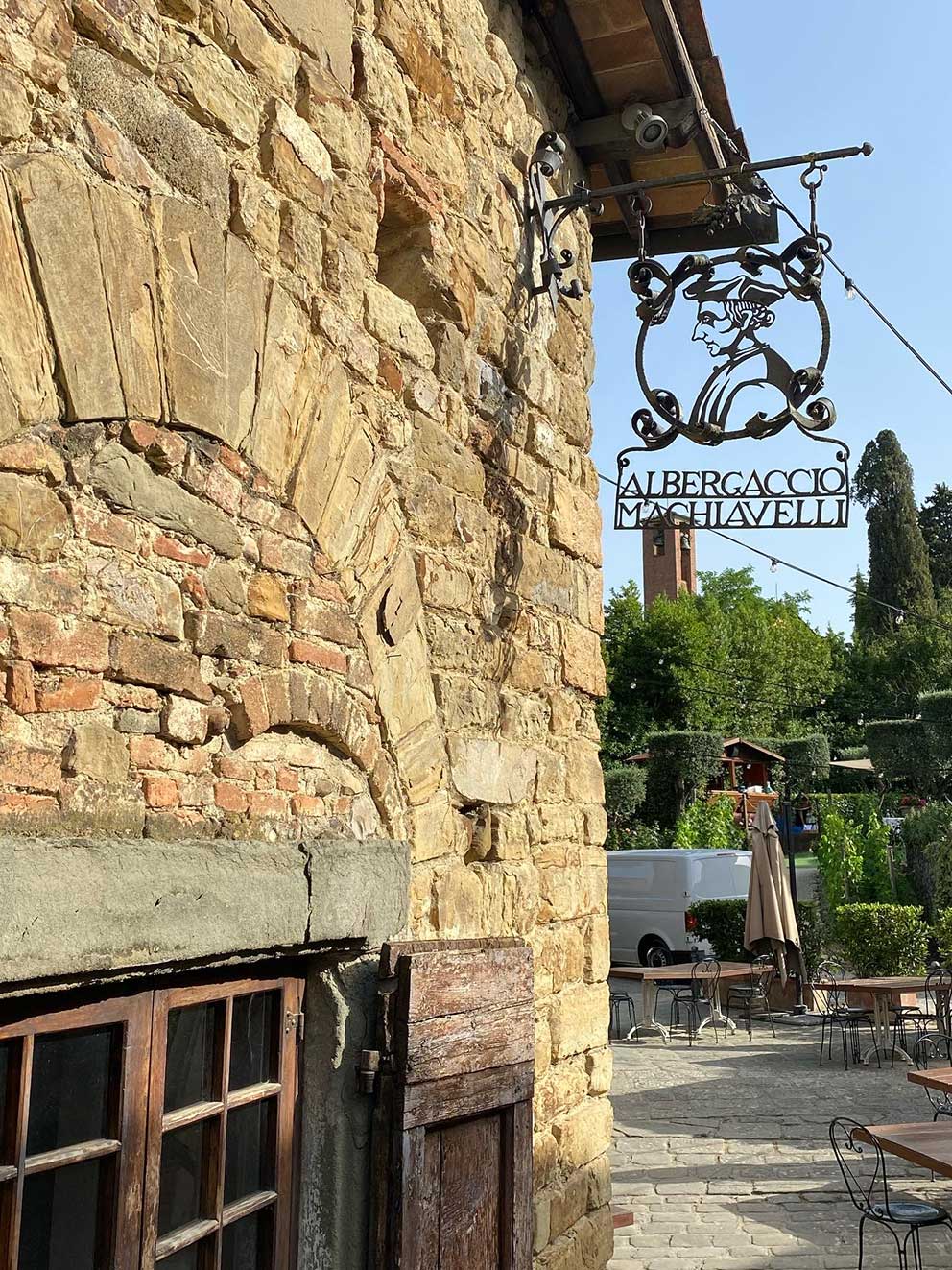



Exploring the Surroundings
Surrounded by vineyards and olive groves, Machiavelli's house boasts a breathtaking view of the Tuscan countryside. The rolling hills and rustic charm of the landscape served as both inspiration and backdrop for Machiavelli's contemplations on power. Visitors can take a leisurely stroll through the vineyards, imagining the political theorist deep in thought as he surveyed the scenic beauty that unfolded before him.
The Legacy of "The Prince"
As visitors explore Machiavelli's house, it becomes evident that this serene setting was once the crucible for the development of ideas that would shape the course of political thought. "The Prince," written in exile after Machiavelli fell out of favor with the ruling Medici family, remains a timeless work that delves into the complexities of power dynamics and governance.
Controversy and Criticism
While Machiavelli's theories have been lauded for their pragmatism, they have also been criticized for their seemingly amoral nature. The house in Tuscany serves as a backdrop to the ongoing debate about the ethical implications of Machiavellian philosophy. The juxtaposition of the idyllic surroundings and the controversial ideas born within these walls prompts visitors to ponder the relationship between power and morality.
Machiavelli's house in Tuscany stands as a testament to the enduring legacy of a man whose ideas continue to shape political discourse. The residence, with its rustic charm and historical significance, invites visitors to explore the complex mind of a political mastermind against the backdrop of the enchanting Tuscan countryside. As we wander through the rooms and vineyards, we are reminded that Machiavelli's insights, though controversial, remain an integral part of our understanding of power and governance.
Find Adventures in Tuscany, Italy!
Explore Tuscany, Italy right! Check out wine tastings or other adventures.

